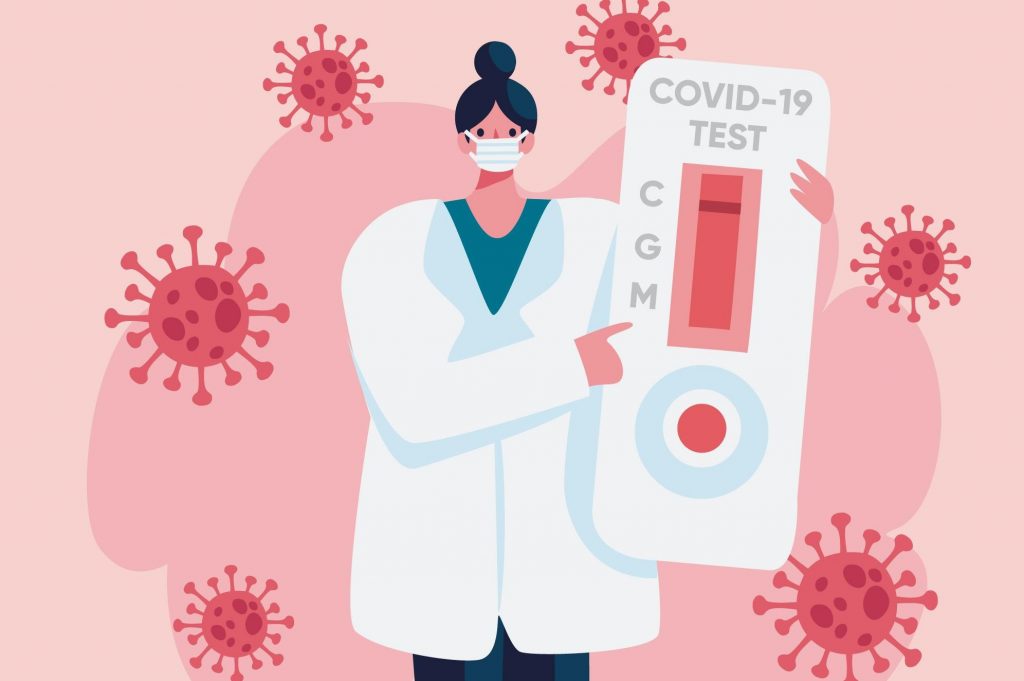The new rapid point-of-care test for the flu and coronavirus is an exciting new development. It’s quick and precise which makes it suitable for use in hospitals or clinics.
The many COVID-19 tests are a vital subject to understand. The antigen test is quick however, it’s not accurate at determining whether someone is suffering from an active infection. There are molecular and PCR-based tests that give more details about whether a person has been affected prior to. But, they require confirmation samples from patients.

Antigen Tests
Coronavirus diagnostic tests are rapid and can help identify those with the highest levels of infection. They also have an advantage over tests for antigen. They’re cheaper and faster! But what’s the downside? Sometimes, the results are not as precise which could mean that you miss classifying an individual’s Status Degrees because they experienced an unconfirmed outcome on their lab report.
Coronavirus is a virus that affects cells before beginning to reproduce. It takes two weeks for the genetic material of the replicase to form part of you. Anti-coronavirus antibodies do not get created until about two weeks after infection.
Molecular/PCR Tests
It is common that people confuse what tests make use of PCR. All molecular tests done on Coronavirus utilizes this technique However, it’s crucial to know that only certain types will give an accurate result by using these methods since they depend heavily on the amount of input material needed to analyze. However, for reporting stories where accuracy may be more important than anything else, then “PCR” typically is sufficient.
The PCR test is the next generation in Rapid diagnostics, it provides instant results with low price and high accuracy. Although there are numerous rapid tests, this one is different because it not only accelerates the testing process by orders of hundredfold but also maintains the 99% accuracy. It doesn’t require particular training.
The PCR method is among the most popular ways to detect DNA, however, it’s not always accurate. Certain molecular tests have revealed false-negative rates as high as 20% or even percentage.
Antibody Tests
It is possible to determine COVID-19 with a drop of blood and testing for antibodies. These tests are not considered as diagnostic tests, but they could aid in determining other possible causes of chronic illness such as lupus or arthritis caused by shoulder pain.
Scientists will require access to the samples of those who have been infected by COVID-19 virus to create a vaccine. These can help to create protection against further infections if the person has an active infection or is positive for antibodies in the past.
For more information, click rapid antigen test with certificate